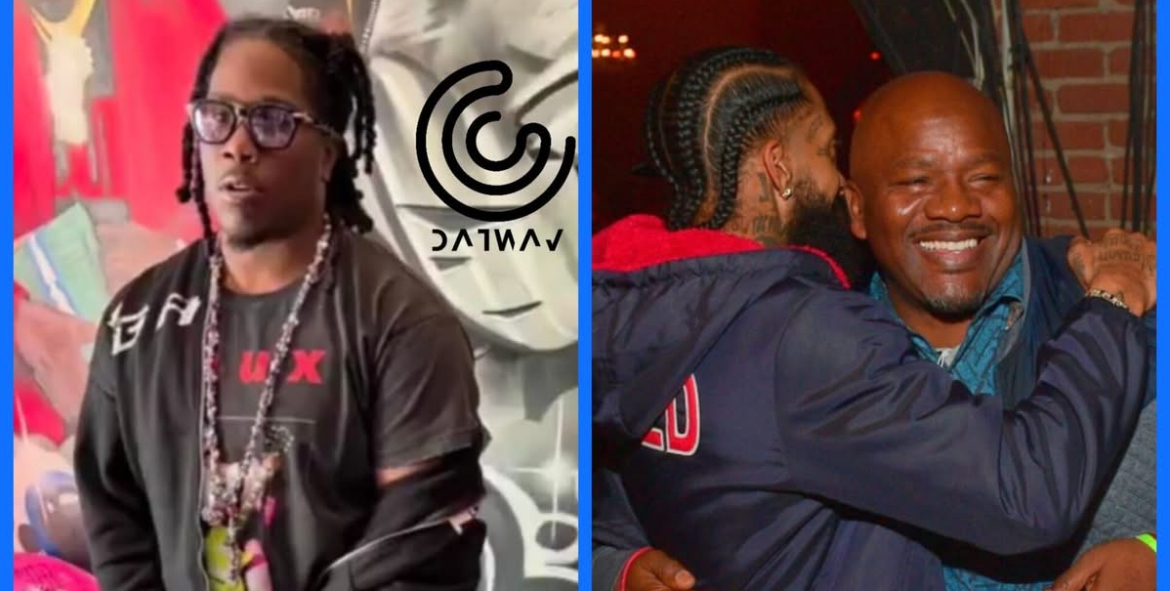In Loving Memory of Jabari Henley And Reflection on the Legacy of Eugene “Big U” Henley Jr.
The story of Eugene Henley Jr., known to many as Big U, has always been one of complexity, survival, transformation, and community. Once deeply associated with street life and the challenges that come with growing up in environments shaped by struggle, Eugene’s path was never simple. Yet for those who truly knew him beyond the headlines and the rumors, he was a man defined not only by where he came from, but by his determination to build something different from it.
Over the years, Eugene channeled his experiences into a new direction—one rooted in music, mentorship, and outreach. As a music producer, youth mentor, and community organizer, he worked to guide young artists and young men away from the same cycles that once shaped him. His presence was powerful, his voice influential, and his efforts to help others rise above their circumstances left a mark on many.
However, life is rarely linear, and recent legal challenges have left Eugene currently incarcerated under RICO-related charges. For his family, friends, and community, this chapter is a painful reminder of how hard it can be to separate the past from the present, and how the weight of old roads can sometimes reappear even when someone is trying to walk a new one.
Amid this difficult time comes another heartbreak—one far deeper than any headline, legal battle, or public perception. We mourn the passing of Jabari Henley, a beloved member of the Henley family whose life was taken far too soon.
Jabari was more than a name.
He was a son, a nephew, a friend, a light in the lives of those fortunate enough to know him. He had dreams, laughter that lingered in rooms, and a presence that left an imprint on hearts. His loss hurts in a way that words struggle to hold. Grief like this does not fade quickly; it comes in waves—raw, real, and deeply human.
To lose Jabari while Eugene remains separated from family and community is a pain felt across hearts, across generations, across a legacy that has seen more struggle and resilience than most will ever understand.
Jabari’s memory will not fade.
His spirit will live on in the stories told about him, the love that surrounds him, and the family bonds that remain unbreakable even in sorrow.
And Eugene’s journey—complex, flawed, and ongoing—continues to reflect the truth of so many who rise from difficult beginnings: that transformation is not instant, and redemption is rarely linear. But love, family, and legacy endure.
